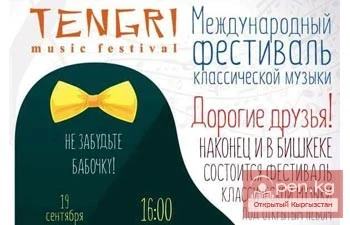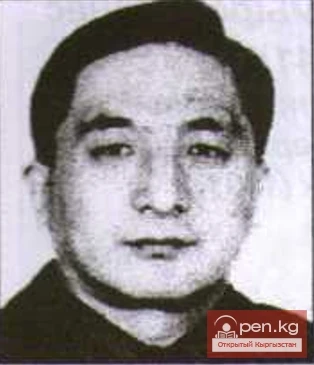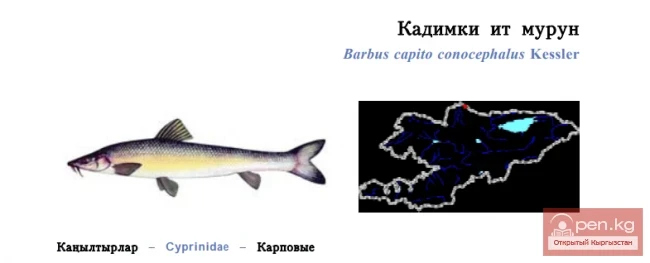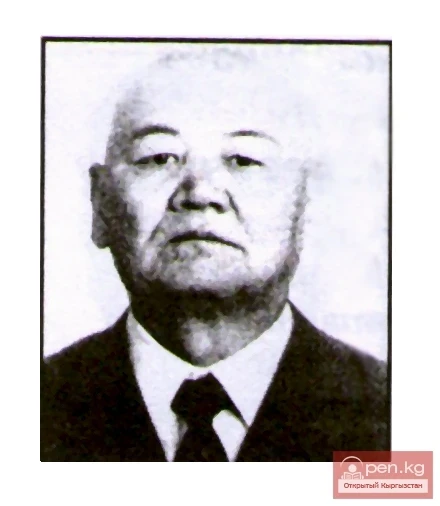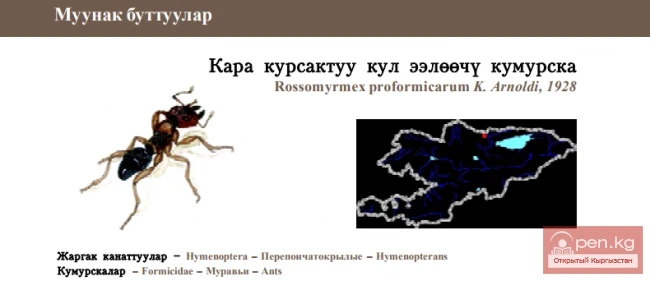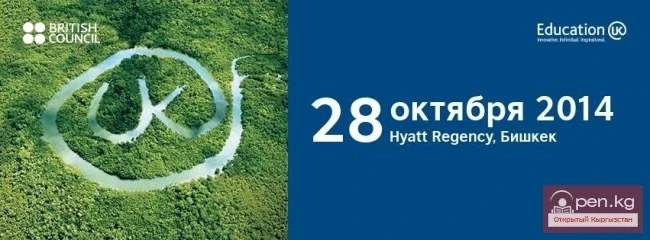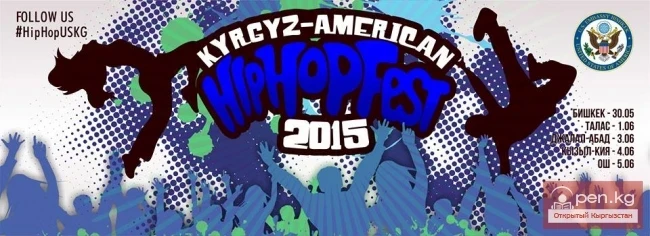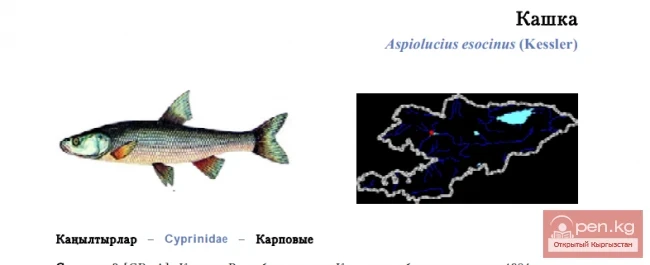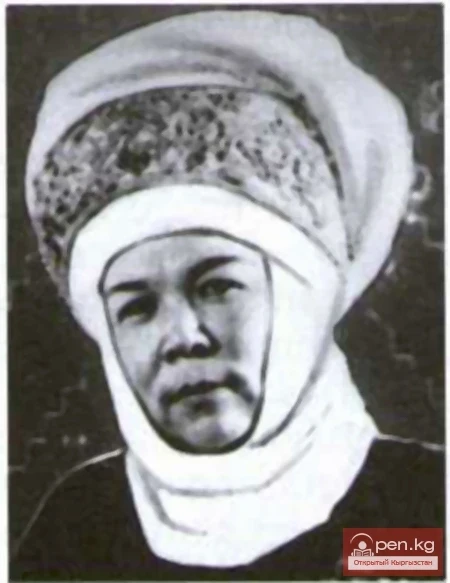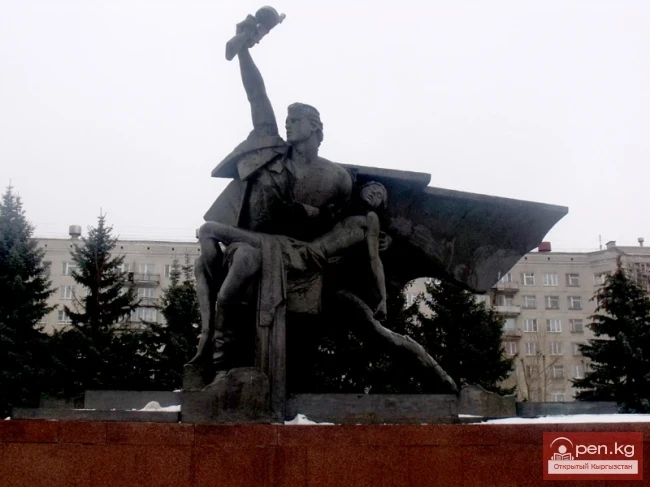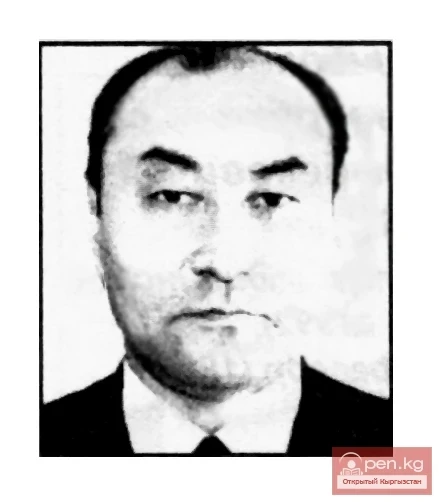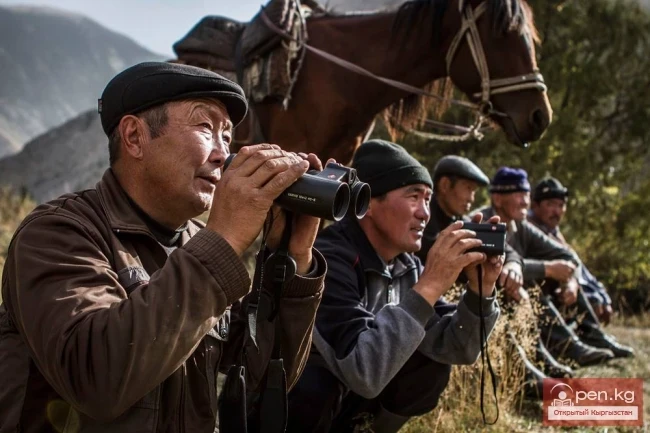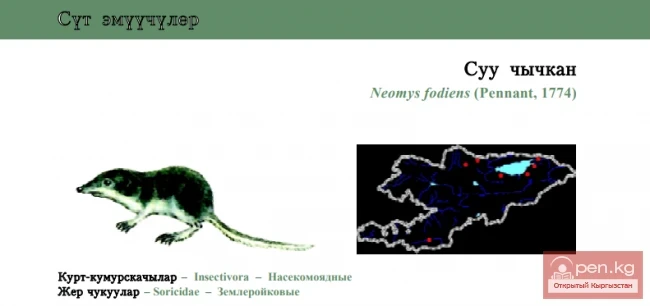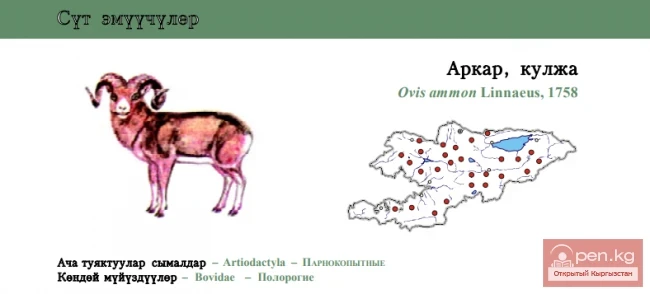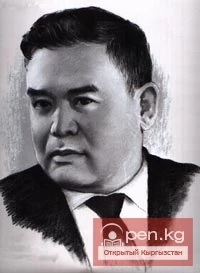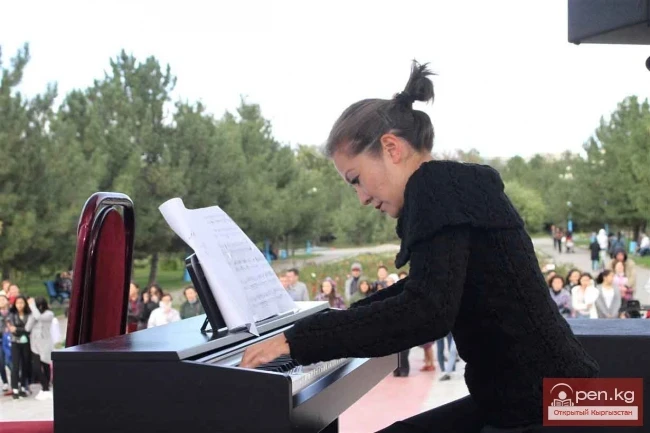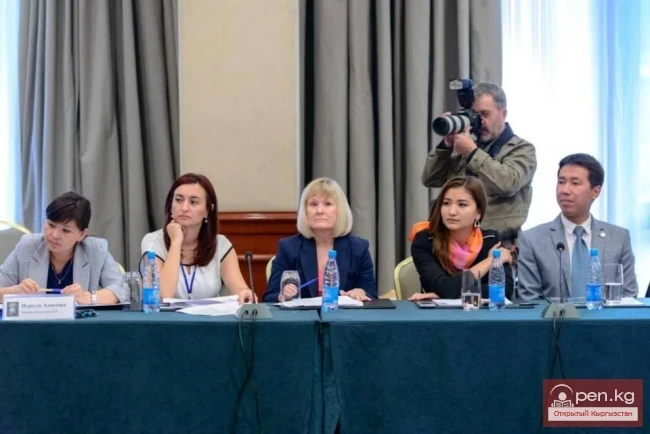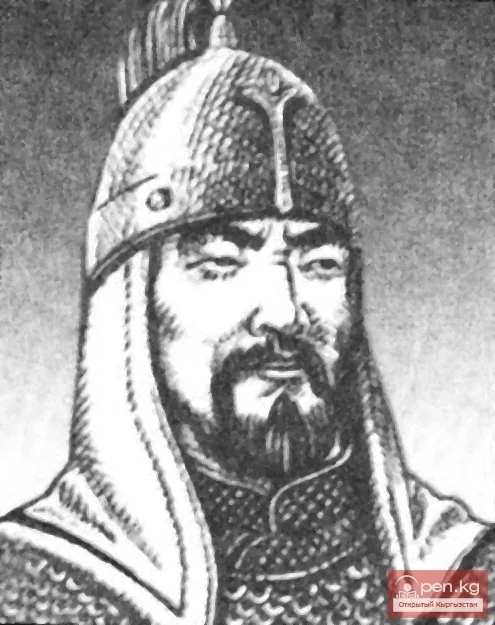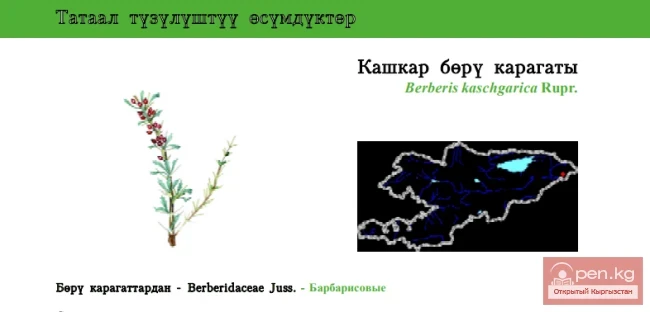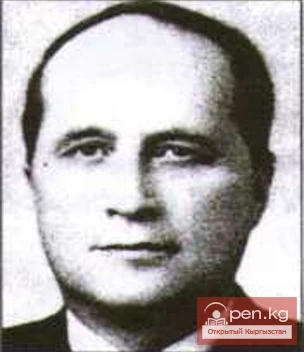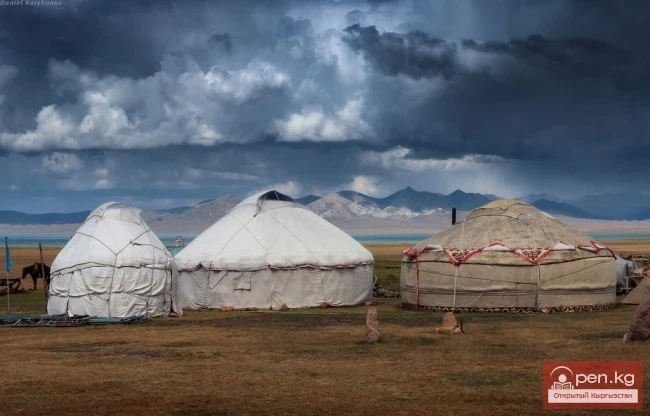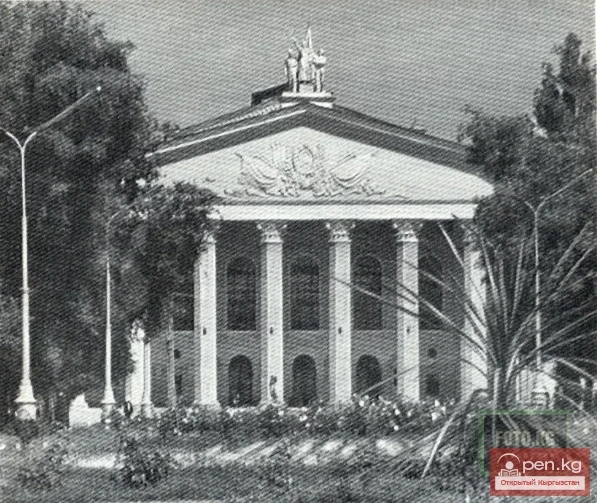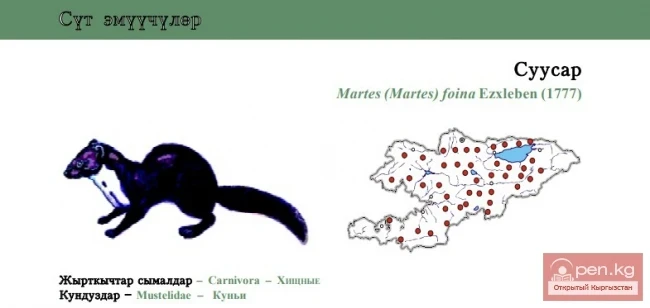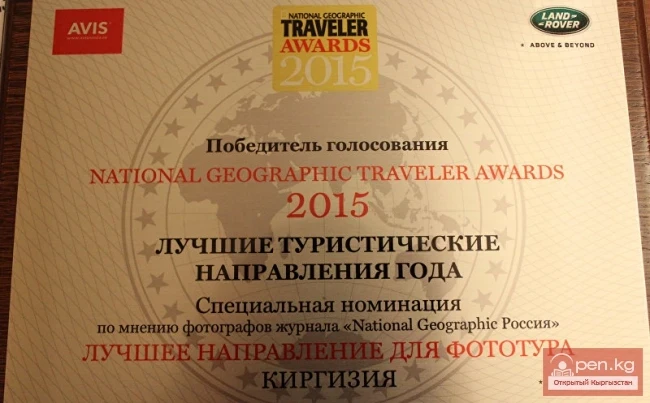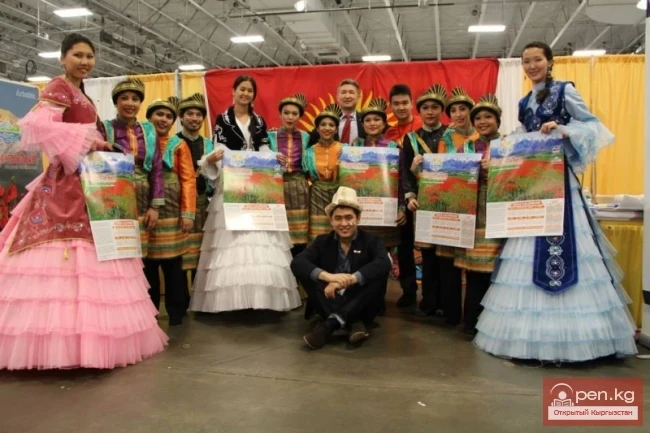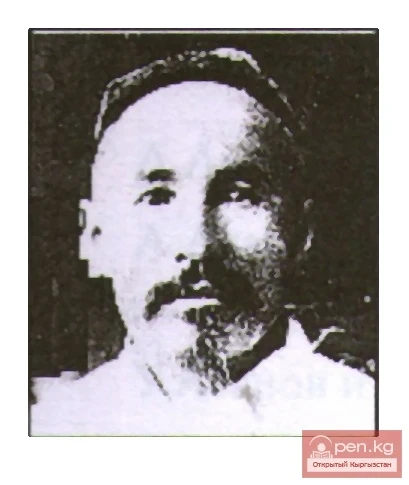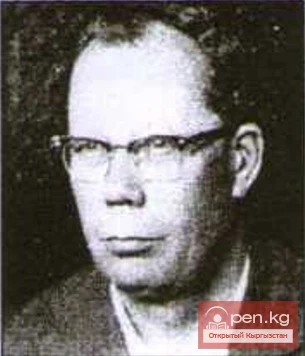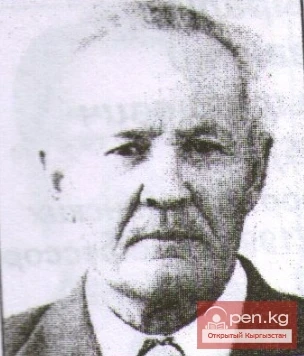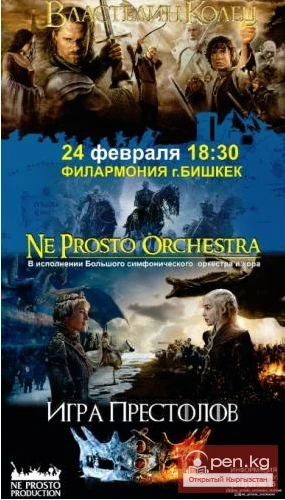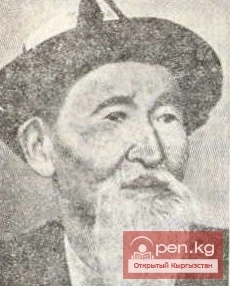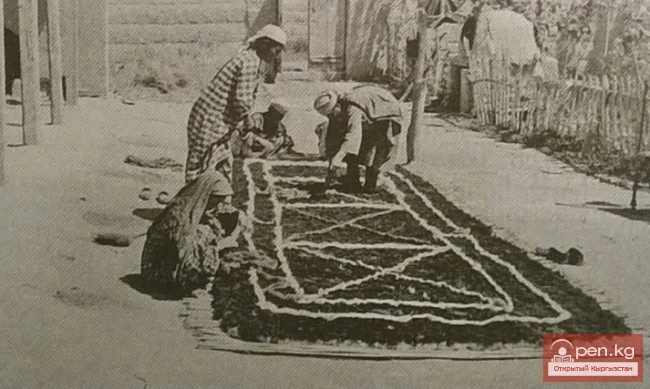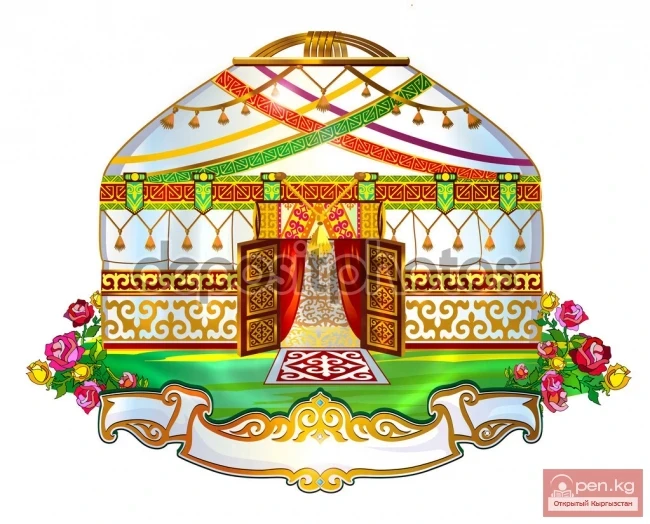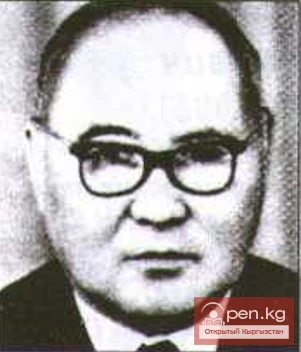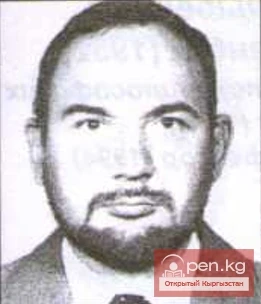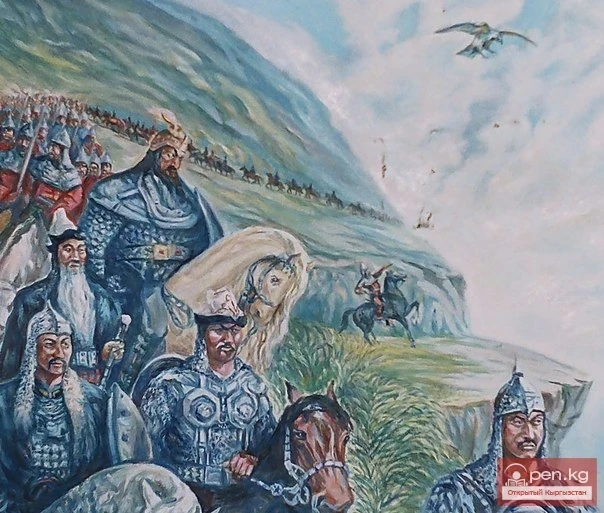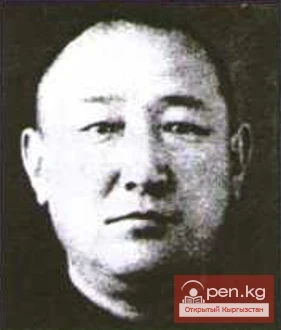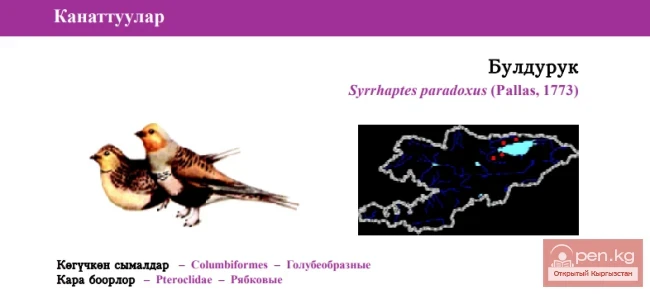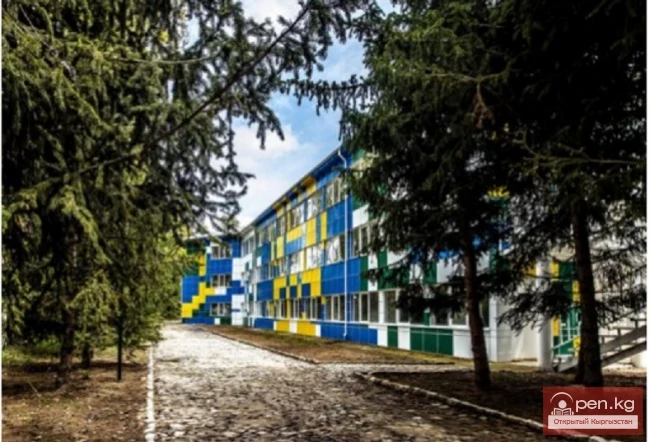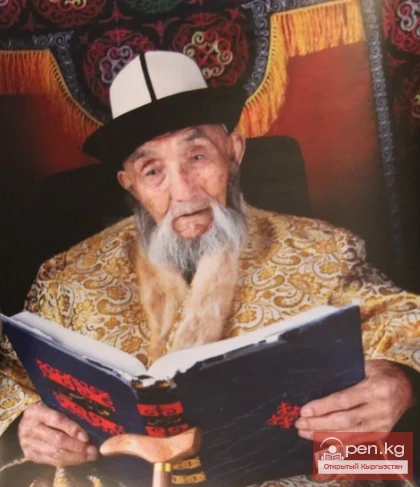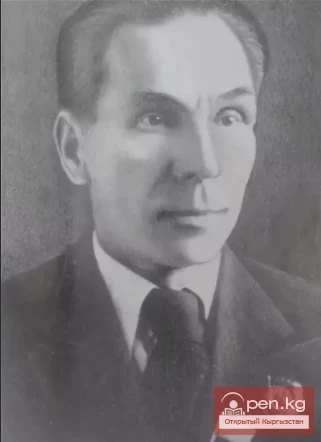
Shubin Pyotr Fyodorovich was born on June 10, 1894, in the village of Tashla, Troitsky District, Orenburg Province.
He was an educator, conductor, and composer who played an invaluable role in the development of theatrical art and the new national musical culture. He was a member of the Union of Composers of the Kyrgyz SSR, a distinguished figure in the arts of the Kyrgyz SSR, and the organizer and leader of the first folk instruments orchestra.
In his childhood, little Pyotr showed himself to be an extraordinary child, and in 1908, his parents sent him to music courses with Professor Smolensky. After four years of study, the future musician engaged in self-education, and in 1915, he graduated externally from the Higher Music Courses of Rongov in the theory, composition, and piano classes. Starting to build his new life, young Shubin was ready for new achievements. In 1918, he received his first award from Proletkult for his composition "Russian Song".
From 1915 to 1928, Pyotr Fyodorovich worked as a music teacher in Leningrad, Bashkortostan, and Orenburg, and during the Civil War, he served as a conductor and head of courses for the Revolutionary Council of the Bashkir troops. In 1922, he was demobilized and returned to his native province, where he devoted himself to new works and tours. His most significant compositions included the three-act ballet "Liberated Russia," the symphony "The Death of the Gods," and the fantasy "October Revolution" (1922–1925); "Funeral March" (1924), dedicated to the memory of V.I. Lenin.
In the spring of 1928, the Moscow government sent Pyotr Fyodorovich to distant Kyrgyzstan, where he remained forever, linking his fate with the development of Kyrgyz professional art. He dedicated his early years there to the theater of working youth. It was here that he met two young and talented composers, A. Maldybaev and P. Shubin. After the reorganization of the studio into Kyrgostear and the music technical school, Shubin moved to the latter, where he taught music theory subjects for five years, preparing national musicians for practical activities. Among his students were future prominent figures of musical art in the republic, including A. Tuleyev, M. Abdrayev, A. Amanbaev, F. Nazarov, and many others.
In 1935, he was invited to the Kyrgyz theater as a conductor and composer. That same year, Pyotr Shubin headed the musical and dramatic theater and, together with A. Maldybaev, wrote music for the drama "Karachach" based on the script by K. Jantošev.
In the musical tradition of the Kyrgyz, there were no ensembles or orchestras. The only ensemble familiar to Kyrgyz musicians was solo singing accompanied by the komuz, as akyns most often performed in competitions.
Creating an orchestra was no easy task. Nevertheless, Pyotr Fyodorovich managed to unite the orchestra, achieve the highest results, and make a significant contribution to the development of Kyrgyz art.
In 1936, based on a small theatrical ensemble, Shubin organized the orchestra of Kyrgyz folk instruments, of which he remained the head until the end of his life. The orchestra consisted of 22 musicians, including prominent masters of folk music such as M. Kureneev, K. Orozov, Y. Tumano, K. Akiev, M. Musurmankulov, A. Usenbaev, Sh. Termechikov, A. Ogombayev, M. Bayetov, O. Bolebolaev, S. Bekmuratov, and others. This was the first national orchestra in the country performing works from sheet music. In the fall of 1936, the orchestra separated from the theater and began an independent artistic collective, with Shubin heading the Republican Philharmonic. This orchestra, together with the philharmonic, became a true training ground for talented musicians, nurturing the first national conductors K. Moldobasanov, N. Davlesov, and many others.
In the spring of 1939, during the decade of Kyrgyz art held in Moscow, the orchestra received enthusiastic reviews from prominent Soviet composers and conductors, particularly drawing the attention of Muscovites with their performance of "Muraz-Kerbez".
Elected as a deputy of the Supreme Soviet of the Kyrgyz SSR (1938).
Honored Artist of the Kyrgyz SSR (1938),
Member of the Union of Composers of the USSR (1939).
People's Artist of the Kyrgyz SSR (1944).
Awarded the Order of the Red Banner of Labor, two Orders of the Badge of Honor, Honorary Certificates, and Letters of Commendation from the Supreme Soviet of the Kyrgyz SSR. His name has been given to one of the central city music schools.
He died on January 16, 1948.
MAIN WORKS
Music for performances: "Ajal orduna" (1934), "Karachach" (1935), "Japalak Zhatpasov" (1936), "Stolitsa" (1935-1937), "Platon Krechet" (1936-1938), "Zhangyl" (1946 - unfinished), "Cunning and Love" (1947-1948 - unfinished); for orchestra; music for the sports delegation of Kyrgyzstan for the parade on Red Square in honor of the 20th anniversary of October (6 numbers, among which the most famous is the March of the Kirka Division, 1937); fantasy on Kyrgyz themes (1938), overture "Young Dream" ("Zhash tilek"), suite: "BChK," suite on themes of M. Kureneev, Kyrgyz girls' dance "Min Kiyal," March of the Kirka Division, etc.; for chamber ensembles: serenade, romance, cavatina for violin with piano; songs without words, melody for cello with piano; "Two Moods" for cello and violin with piano (all works before 1928); quartet on the theme of S. Medetov "Pakhtachy kyzdyn biy" (Dance of the Cotton-Picking Girls), "Return" (Kyrgyz dance) for string quartet, 3 Kyrgyz pieces for woodwind quartet, 3 pieces for cello with piano on themes of Kyrgyz songs "Lailikhan," "Akimbai," "Kuyomun," a piece for violin and piano on the theme "Azhyrashuu," "In Leisure Hours" - two pieces for cello and piano, suite "Songs without Words" - six pieces for violin and piano; for piano - pieces: funeral march (1924), Spanish dance, polonaise, 2 waltzes (all before 1928); pieces "Joke" (1940), 7 Kyrgyz dances, arrangement of the melody by A. Temirov "Five Rowan Trees," etc.
NOTOGRAPHY
"Joke"; "Komuzist". - In: Album of piano pieces by Kyrgyz composers. F.: Mektep, 1979; "Tamasha". - In: Collection of works for wind instruments with piano. F.: Mektep, 1982.
DISCOGRAPHY
"Girls". 36517-18; "Oogan" (arrangement of a Kyrgyz folk melody for the orchestra of folk instruments); "Stretched Mountains" (arrangement of a Kyrgyz folk melody). 7317-18.

